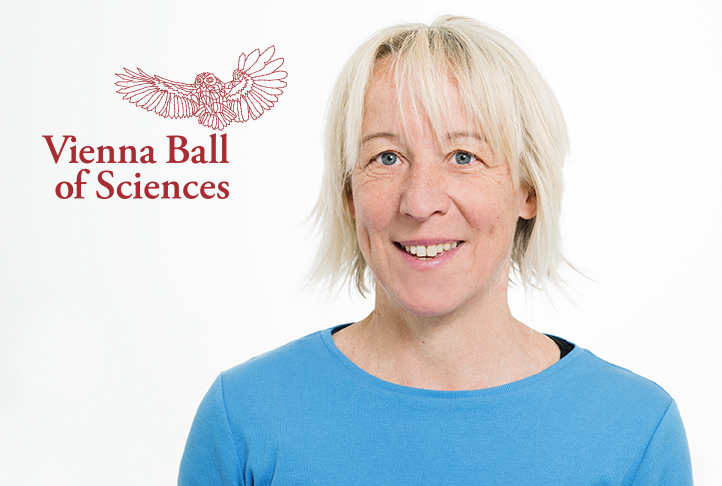
For me, science – not just my own, but also and perhaps even above all the natural sciences – means the possibility of arriving at a rationally justified assessment in an increasingly less transparent, increasingly differentiated and increasingly conflict-ridden world: rational in the sense of being based on knowledge rather than rumors, rational in the sense of being balanced, rational in the sense of including other approaches, rational in the sense of being (as) objective as possible rather than headed towards individual interests.
Of course, I can only try to convey my own science, law. Since I am very lucky as a (criminal) law scholar to be able to work at the University of Vienna, I almost automatically take on the role of a mediator. On the one hand, I address students through the courses, and on the other hand, I also have the task of training my team, consisting of doctoral students. The university also allows me to make my knowledge available to the public independently and without instructions “from above”. This freedom allows me to make the factual arguments visible which in debates on criminal law issues are often populist, one-sided and undifferentiated.
Ingeborg Zerbes is a professor of criminal law at the Institute of Criminal Law and Criminology at the University of Vienna. She previously worked at the Universities of Basel and Bremen. Zerbes headed the commission of inquiry into the 2020 terrorist attack in Vienna “to investigate possible abuses in the run-up to the attack in downtown Vienna”. Since April 2021, Zerbes has been the deputy legal protection officer of the Austrian judiciary.